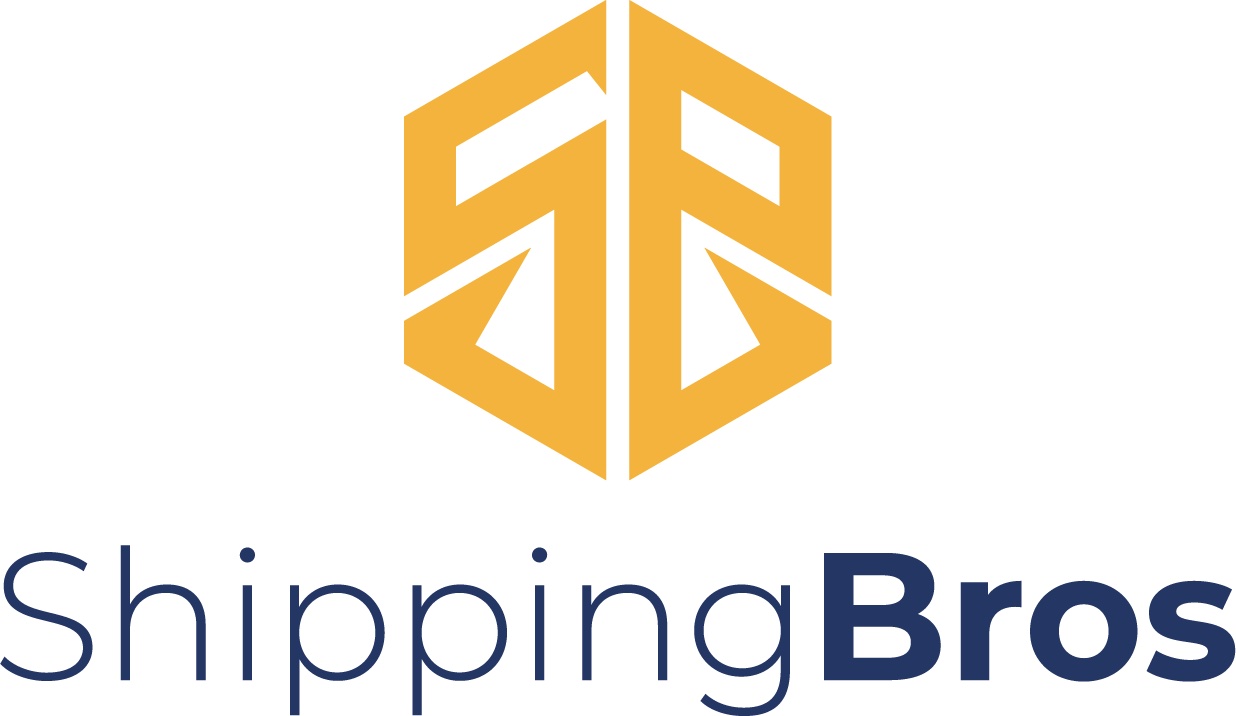Understanding Incoterms and Their Impact on Shipping Costs
When it comes to international trade and shipping costs, understanding Incoterms is crucial. Incoterms, short for International Commercial Terms, are a set of predefined rules published by the International Chamber of Commerce that govern the responsibilities of buyers and sellers in international trade transactions. These rules specify who is responsible for the costs and risks of transportation, insurance, and customs clearance. Understanding Incoterms can help businesses avoid disputes over shipping costs and responsibilities.
The choice of Incoterms has a significant impact on shipping costs. By clearly defining the responsibilities of both the buyer and the seller, Incoterms help businesses calculate the total cost of a shipment more accurately. For example, if a seller agrees to deliver goods to a buyer’s warehouse under the Ex-works (EXW) Incoterm, the buyer will be responsible for all transportation costs from the seller’s location to the buyer’s warehouse. On the other hand, if the seller agrees to deliver goods to the buyer’s warehouse under the Delivered Duty Paid (DDP) Incoterm, the seller will be responsible for all transportation costs, including insurance and customs clearance.
Choosing the right Incoterm can help businesses save money on shipping costs. For example, if a buyer agrees to pick up goods from the seller’s warehouse under the Free Carrier (FCA) Incoterm, the buyer will save money on transportation costs compared to the seller delivering the goods to the buyer’s warehouse under the DDP Incoterm. Similarly, if a seller agrees to deliver goods to the buyer’s warehouse under the Cost, Insurance, and Freight (CIF) Incoterm, the seller will bear the cost of insurance, reducing the buyer’s shipping costs.
In addition to saving money on shipping costs, understanding Incoterms can help businesses choose the right logistics provider. A third-party logistics (3PL) provider can help businesses navigate the complexities of international trade and ensure that goods are delivered on time and in good condition. When choosing a 3PL provider for ecommerce, businesses should look for a provider that has experience with international shipping and a good track record of delivering goods on time.
One of the best 3PL providers for ecommerce is XYZ Logistics. XYZ Logistics has a team of experienced professionals who can help businesses navigate the complexities of international trade and ensure that goods are delivered on time and in good condition. With a reputation for excellent customer service and a track record of delivering goods on time, XYZ Logistics is the ideal partner for businesses looking to save money on shipping costs and streamline their international trade operations.
In conclusion, understanding Incoterms is crucial for businesses looking to save money on shipping costs and avoid disputes over responsibilities. By choosing the right Incoterm and partnering with a reliable 3PL provider like XYZ Logistics, businesses can ensure that their goods are delivered on time and in good condition, ultimately improving their bottom line.
************
Want to get more details?
Shipping Bros
https://www.shippingbros.com/
Shipping Bros warehouses, preps, and ships goods for people who sell products online.
For more information on Best 3PL for ecommerce contact us anytime:
Shipping Bros
https://www.shippingbros.com/
Shipping Bros warehouses, preps, and ships goods for people who sell products online.
